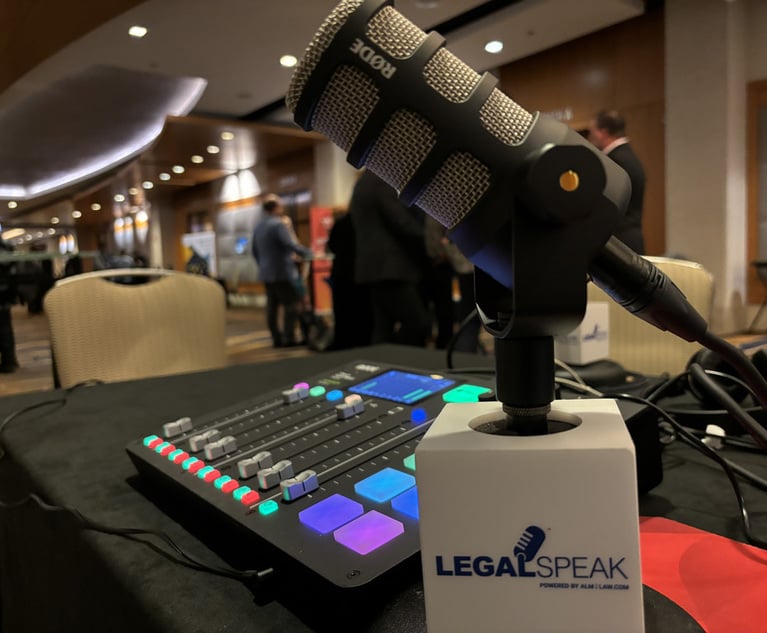In March 2013, the Financial Crimes Enforcement Network (FinCEN) entered the “virtual currency” space when it issued guidance on “Application of FinCEN’s Regulations to Persons Administering, Exchanging, or Using Virtual Currencies.” In September 2015, the Commodity Futures Trading Commission (CFTC) defined virtual currencies, such as bitcoin, as “commodities,” under Section 1a(9) of the Commodity Exchange Act. After massive amounts of capital began to be raised from investors for initial coin offerings (ICOs), the U.S. Securities and Exchange Commission (SEC) joined the party and issued a “Report of Investigation” involving The DAO, a decentralized autonomous organization. In its report, the SEC concluded that, depending on the facts and circumstances, crypto tokens and coins can be “securities” and subject to regulation under the federal securities laws.
Now, the Office of Foreign Asset Control (OFAC) appears to be getting in on the crypto regulatory action. OFAC administers and enforces economic and trade sanctions based on U.S. foreign policy and national security goals against targeted foreign countries and regimes, terrorists, international narcotics traffickers, those engaged in activities related to the proliferation of weapons of mass destruction, and other threats to the national security, foreign policy or economy of the U.S.







